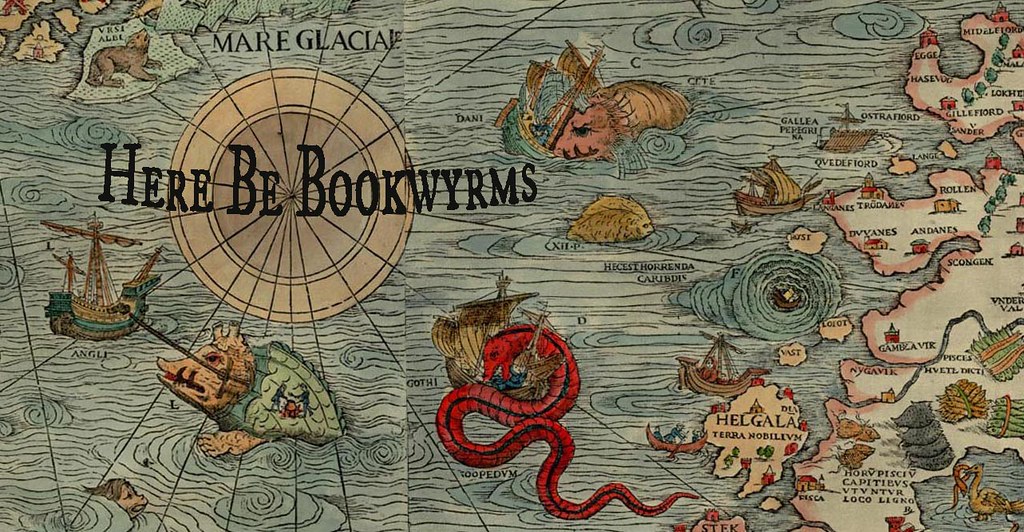Coming of Age in Samoa is an ethnography Mead wrote after her first fieldwork in the village of Taū in American Samoa (conducted in the 1920s). People in the United States tended to assume that with adolescence comes unavoidable awkwardness, angst, and a possible myriad of other grievances. Mead (supported by Our Father of American Anthropology, Franz Boas) believed that this is not necessarily universal - that the problems we associate with this stage of life is culturally created by demands and expectations placed on adolescents by our society. She therefore set out to compare the experience of adolescents in a rather different culture than our own, to determine whether they were very different or not. She used traditional ethnographic research methods of participant observation and conducting interviews, which she supplemented with surveys and questionnaires.
Thursday, March 31, 2011
Coming of Age in Samoa
Tuesday, March 1, 2011
The Swiss Family Robinson
I actually don't remember ever reading this book as a child, though I think I may have had it in its Great Illustrated Classics edition back then. What I do remember is watching the live-action movie that Disney made in the '60s. Anyway, so I decided I'd give it a read. All I can say is, if I had any memory of reading it as a child, I might have a better opinion of it as an adult. Nostalgia sometimes biases me that way. As it is, however, I was left a little disappointed.
The story itself is fun and charming. It's about a family who, while traveling overseas, becomes shipwrecked and consequently stranded on an island near New Guinea - they are the only human survivors. They end up spending years on the island, managing not only to survive, but to thrive. Their lifestyle I remember envying as a child, watching the Disney film adaptation, and I was jealous all over again, reading the book as an adult. There is something very appealing to me about living off the beaten path, in a treehouse, and living off the land and your own hard work. What I loved about this idea as a child was purely the adventure of it. I think that as an adult, part of the appeal is that these people are clearly not sitting around, worried about whether or not they have enough money to pay the bills this month. Granted, if this story were played out in real life, I am certain that at least one of these people would have died, especially considering all the misadventures and potential misadventures that they run into, but since this is a children's book that was written by a pastor, I can look past the inaccuracy.
Subscribe to:
Comments (Atom)


